Thrapston alternative provision launches for pupils out of school
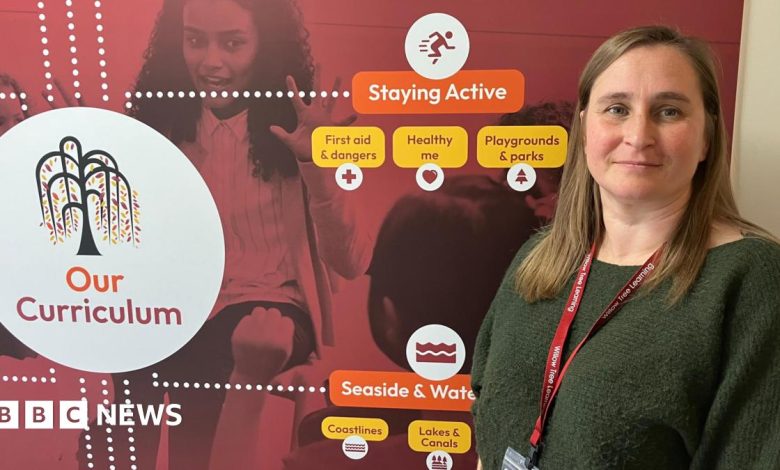
Willow Tree Learning: A Sanctuary for Educational Re-engagement
At Willow Tree Learning, education takes on a different form—one that prioritizes relationship-building and personalized engagement over traditional classroom approaches. The program offers up to 18 hours of weekly education across an 18-week period, specifically designed to rebuild confidence in students who have struggled to connect with conventional schooling. This alternative approach recognizes that many learners find traditional school environments challenging and have difficulty accessing standard curriculum work. The fundamental philosophy at Willow Tree centers on creating engaging, relationship-based learning experiences that help students reconnect with education on their own terms.
What makes Willow Tree distinctive is the deeply personal connection between educators and students. As Ms. Dean explains, the program’s effectiveness stems from knowing each learner individually, allowing teachers to design activities that genuinely interest their students. This personalized approach stands in stark contrast to conventional school settings where curriculum demands often take precedence over individual interests and learning styles. By understanding each student’s preferences, challenges, and strengths, Willow Tree creates educational experiences that students want to participate in, rather than activities they feel forced to complete. This shift in approach often makes the difference between disengagement and enthusiastic participation.
The curriculum at Willow Tree represents a thoughtful balance between academic necessities and creative freedom. Emily Soans, a learning mentor and support assistant, describes their approach as a “nuanced mixture” that includes core academic subjects like English and mathematics while also incorporating significant space for self-expression and exploration. The program embraces a wide range of activities, including sports and practical skills like DIY, recognizing that education extends far beyond traditional academic subjects. This balanced approach ensures students develop essential academic skills while also discovering new interests and abilities that might have remained unexplored in conventional educational settings.
The contrast between Willow Tree’s approach and mainstream education is perhaps most evident in its authority structure. While traditional schools often maintain relatively rigid hierarchical relationships between teachers and students, Willow Tree creates what Soans describes as “space and freedom to express themselves.” This shift away from an authoritarian model doesn’t mean an absence of structure or expectations, but rather a different kind of relationship built on mutual respect and understanding. By creating this more balanced dynamic, students who may have rebelled against or withdrawn from traditional authority structures often find themselves able to engage more authentically with both their education and their educators.
At the heart of Willow Tree’s philosophy lies the concept of trust-building. For many students who come to the program, previous educational experiences have eroded their trust in both educational institutions and their own abilities as learners. The 23-year-old Soans highlights how significant it is to witness students gradually developing trust and making breakthroughs, emphasizing that even small progress represents meaningful change. This patient, relationship-centered approach acknowledges that re-engagement with education isn’t simply about academic achievement but about healing educational trauma and rebuilding a sense of self-efficacy and confidence.
The success of Willow Tree Learning demonstrates how alternative educational approaches can reach students who have been left behind by traditional systems. By prioritizing relationships, personalized engagement, and a balance between structure and freedom, the program creates pathways back to learning for students who might otherwise remain disconnected from education entirely. The breakthroughs mentioned by Soans—whether academic achievements, increased confidence, or simply showing up consistently—represent profound victories for students who have struggled in conventional settings. Willow Tree reminds us that education at its most effective is deeply human, built on connection, understanding, and a genuine belief in each learner’s potential to grow and succeed in their own unique way.



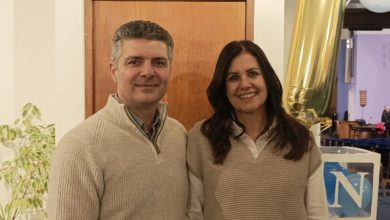
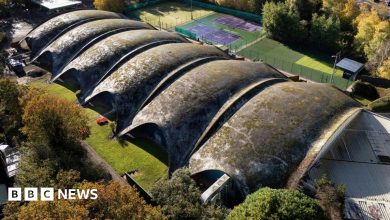
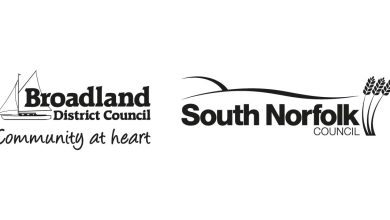
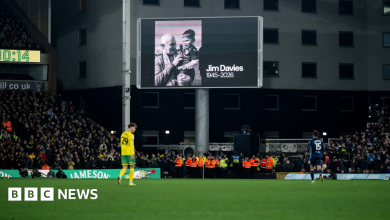


855jjy
Can I simply say what a reduction to search out somebody who actually knows what theyre talking about on the internet. You definitely know how you can bring a problem to light and make it important. More people must learn this and understand this facet of the story. I cant believe youre no more in style because you definitely have the gift.
Your point of view caught my eye and was very interesting. Thanks. I have a question for you.